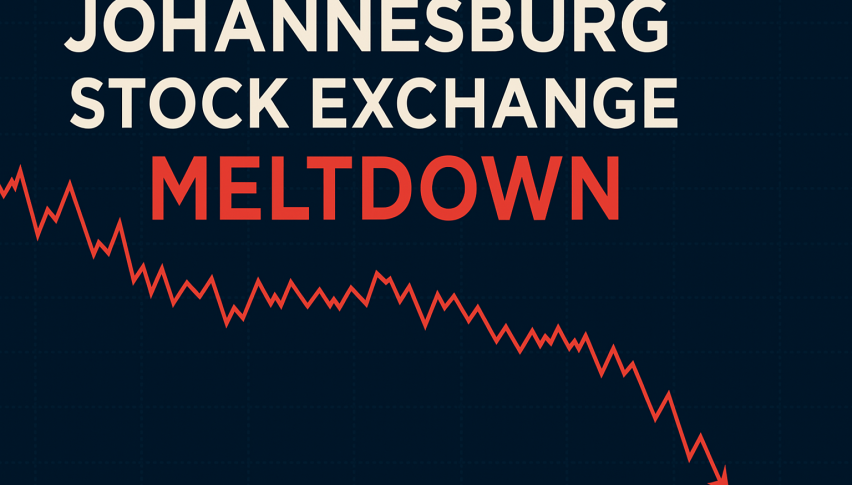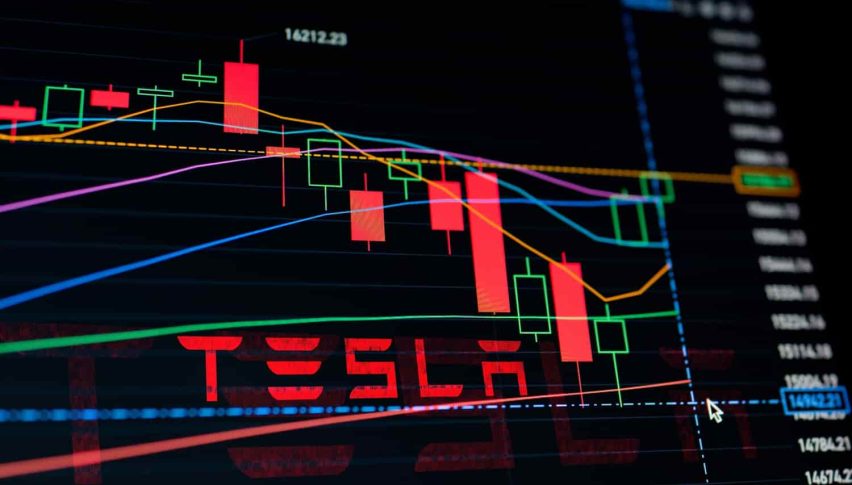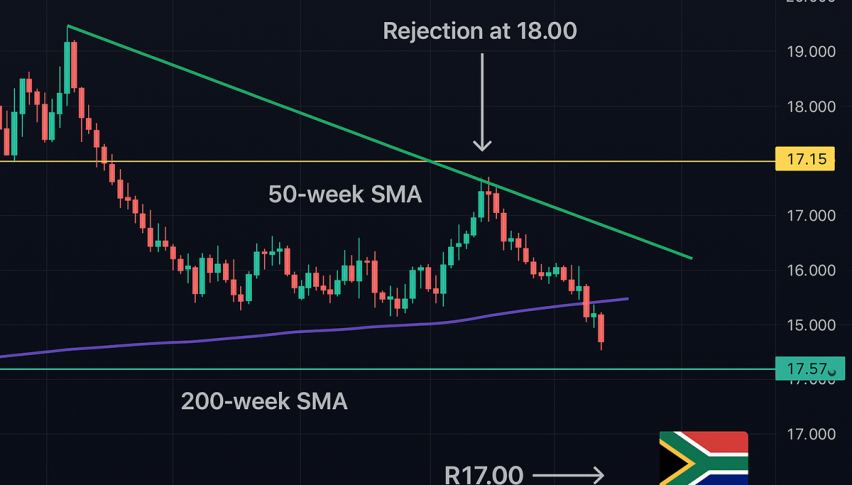Why the JSE Is Sliding… I meant in Meltdown.

The Johannesburg Stock Exchange (JSE) has come under serious pressure in recent days, with key indices sharply lower and investor confidence taking a hit.
While domestic headwinds certainly play a role, much of the current pain stems from global events—particularly, a major tariff announcement out of the United States.
Here’s a step-by-step look at what’s driving the downturn and why it matters for South African investors.
Step 1: Trump’s Tariff Move Sends Shockwaves
On April 2, 2025, former U.S. President Donald Trump announced a broad package of new tariffs:
-
A 10% tariff on all imports, and
-
Additional penalties targeting products from China, the European Union, and Canada.
Markets around the world reacted immediately, with the S&P 500 and Nasdaq suffering their worst one-day declines since 2020.
Why does this matter for South Africa? As a small, open economy, South Africa is particularly vulnerable to disruptions in global trade. When the world’s largest economies square off, the ripple effects are felt across emerging markets—especially those that rely heavily on exports.
Step 2: Risk-Off Mood Hits Emerging Markets Hard
As soon as fears of a trade war surface, investors tend to shift their money to safer assets. This is known as a risk-off environment, and it tends to hurt emerging markets first.
-
Investors withdraw from riskier assets like South African equities.
-
They flock to safe havens such as the U.S. dollar or gold.
The result? The rand weakens, local bond yields climb, and the JSE takes a hit.
📉 On April 3, the rand fell to R18.74 to the dollar, and the JSE All-Share Index dropped more than 2%.
Step 3: Resource Stocks Take a Knock
Many of the JSE’s heavyweight stocks—like Anglo American, Sibanye-Stillwater, and Implats—are directly tied to the commodities sector. These companies:
-
Depend on global demand for resources like platinum, iron ore, and gold.
-
Export significant volumes to regions now caught in tariff crossfire, such as China and the EU.
With global trade threatened, commodity prices decline, export demand softens, and resource stocks tumble.
📉 Mining shares slid between 5% and 8% in the immediate aftermath of the tariff news.
Step 4: Global Slowdown Feeds Into Local Growth Concerns
Tariffs don’t just impact trade—they threaten to slow down the broader global economy. And when the world slows down, so does South Africa.
-
Demand for South African exports drops.
-
Corporate earnings take a hit.
-
Unemployment risks rise, and GDP projections decline.
In short, global growth fears compound local economic challenges, deepening the market sell-off.
Step 5: Foreign Capital Starts to Exit
Uncertainty makes global investors nervous—and when risk is high, they tend to pull out of emerging markets like South Africa. That capital often flows into:
-
U.S. Treasuries,
-
Developed market equities, or
-
“Safe” currencies like the dollar.
This capital flight weakens the rand further and pushes even quality stocks lower, purely due to foreign selling pressure.
📊 On April 3, foreign outflows from the JSE exceeded R3 billion.
Step 6: Sentiment Amplifies the Damage
Beyond economic fundamentals, market psychology plays a powerful role. News like Trump’s tariffs often triggers knee-jerk reactions:
-
Investors fear further losses, so they sell.
-
Algorithms and momentum trading accelerate the trend.
-
The market responds not just to actual data—but to what investors think will happen next.
Right now, that means fear of a global slowdown, a stronger dollar, and weaker commodity prices—all of which weigh heavily on the JSE.
The rand is seeing less strength as the currency continues its slide from R19.11 to a US dollar when this article was published.
- Check out our free forex signals
- Follow the top economic events on FX Leaders economic calendar
- Trade better, discover more Forex Trading Strategies
- Open a FREE Trading Account


